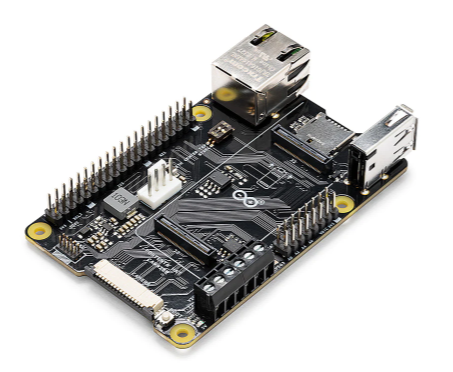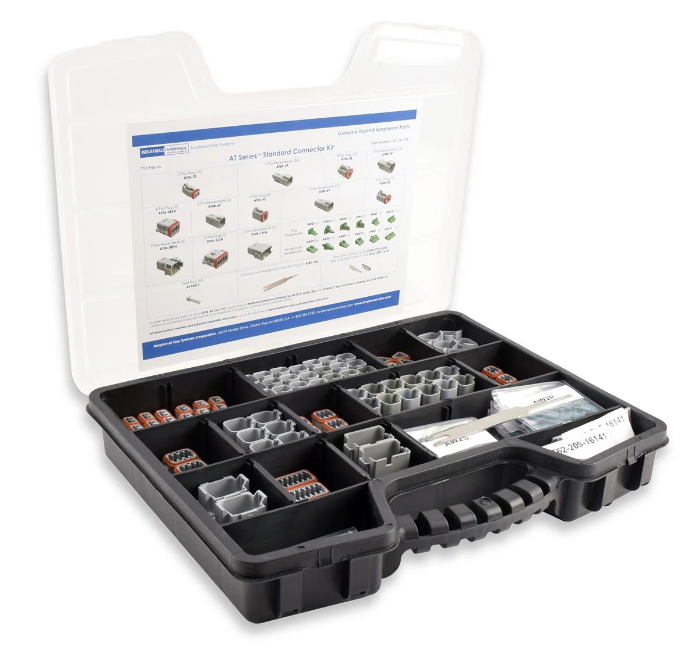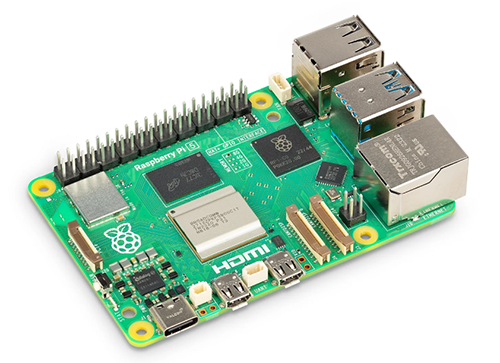Microsoft AI opens UK hub
In a strategic move to cement its position in the artificial intelligence (AI) sector, Microsoft has unveiled plans to open a new AI hub in London.
This initiative marks a significant milestone in the company's journey towards becoming a global leader in AI technology.
Microsoft’s journey
Founded in 1975 by Bill Gates and Paul Allen, Microsoft began its journey as a small software vendor, pioneering the personal computing industry with innovations like the Windows operating system and Office suite, laying the foundations of its evolution into a global technology behemoth.
The company's strategic pivot under CEO Satya Nadella towards cloud computing, and more recently, artificial intelligence (AI), has further solidified its position as a leading innovator. Investments in AI research, including a significant partnership with OpenAI, and the development of Azure AI, reflect its commitment to leading the AI revolution.
In November 2023, the Chancellor recognised Microsoft's significant investment in AI infrastructure and skills as crucial to the UK's goal of becoming a science and technology superpower. Microsoft has since committed to more than doubling its UK datacentre capacity and training over one million people for the AI economy, alongside enhancing the UK's AI safety and research efforts through partnerships with the government and leading universities
A key part of this initiative is a £2.5 billion investment over three years to upgrade its next-generation AI datacentre infrastructure, adding more than 20,000 advanced Graphics Processing Units (GPUs) to the UK by 2026, underscoring the critical role of these components in machine learning and AI model development.
Leadership and innovation
In March 2024, Microsoft took a decisive step by appointing British AI pioneer Mustafa Suleyman to spearhead its newly established AI division. Suleyman's leadership is expected to drive Microsoft's three-year plan to the forefront of the AI industry.
The decision to establish a new AI office in London is driven by the aim to leverage the UK's prominent position in the global AI landscape, second only to the US and China. The UK's stature is partly attributed to its rich talent pool emanating from leading academic institutions such as the University of Oxford and the University of Cambridge.
This comes at a particularly vital moment as post-COVID-19 flexibility has opened up possibilities to UK employees seeking richer horizons and remote working opportunities at global economies who are recruiting remote talent in the technology sector. This is a trend that is driven by the lack of available positions in the UK and lower compensation for similar roles.
Fostering collaboration and growth
The upcoming London office is dedicated to AI research and development, signalling Microsoft's intent to recruit top talent in the near future. While the exact number of job opportunities has not been disclosed, this move signifies a significant investment in the UK's AI talent.
Microsoft's AI CEO, Mustafa Suleyman, has emphasised the UK's "safety-first" approach to AI, aligning with global efforts to ensure the responsible development and deployment of AI technologies. This philosophy was recently highlighted through a collaborative agreement with the US on testing advanced AI models.
The new office will work in close collaboration with OpenAI, benefitting from Microsoft's substantial investment and partnership with the creators of ChatGPT. This relationship not only underscores Microsoft's commitment to the AI field but also its position as a key player in shaping the future of AI technology.
A future built on innovation
Microsoft's initiatives in the UK are part of a broader vision to lead the AI revolution, backed by substantial investments and strategic leadership appointments. With its market value surpassing $3 trillion, Microsoft is setting itself up to drive innovation and growth in the global technology and AI landscape.









